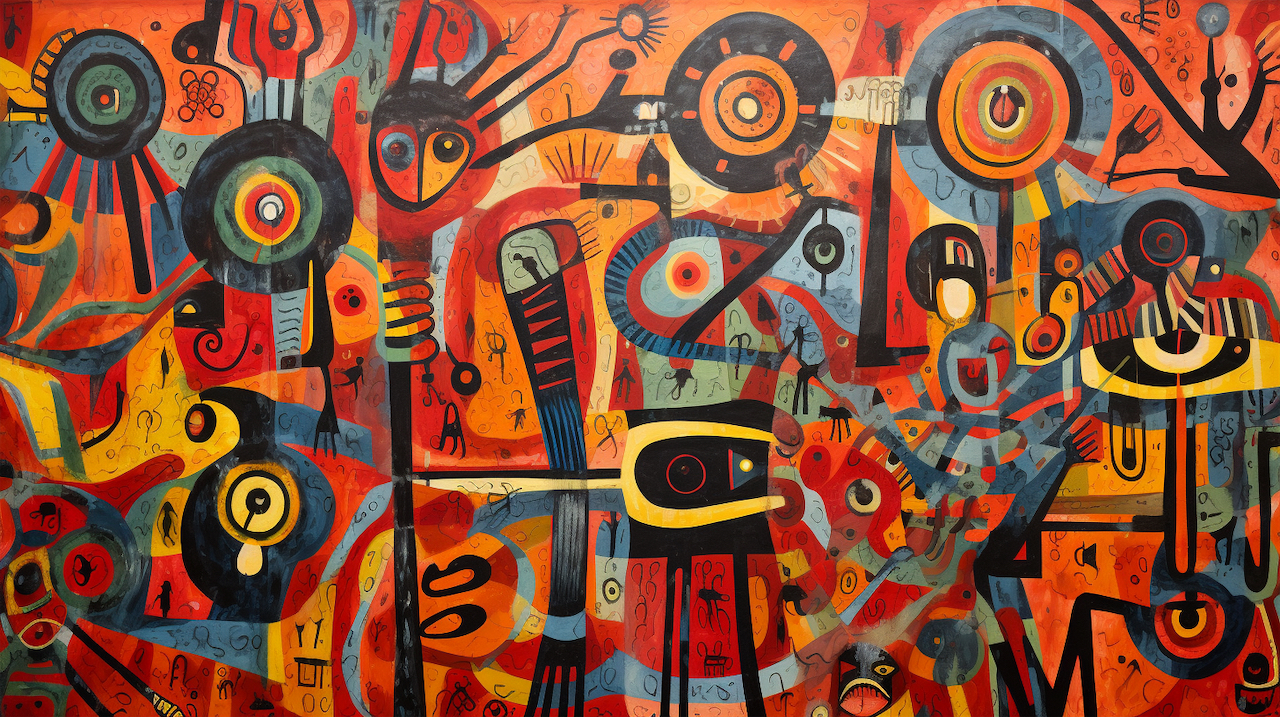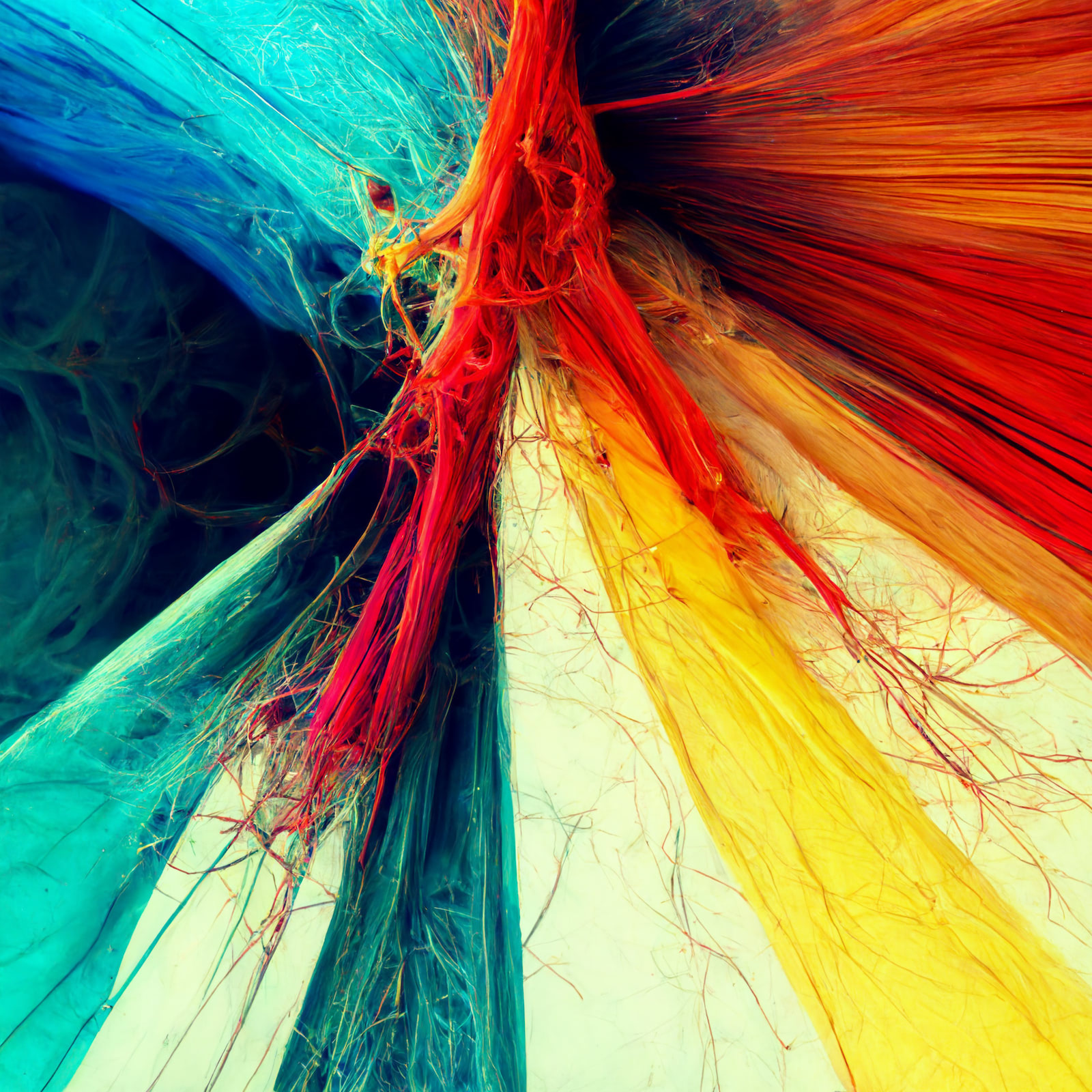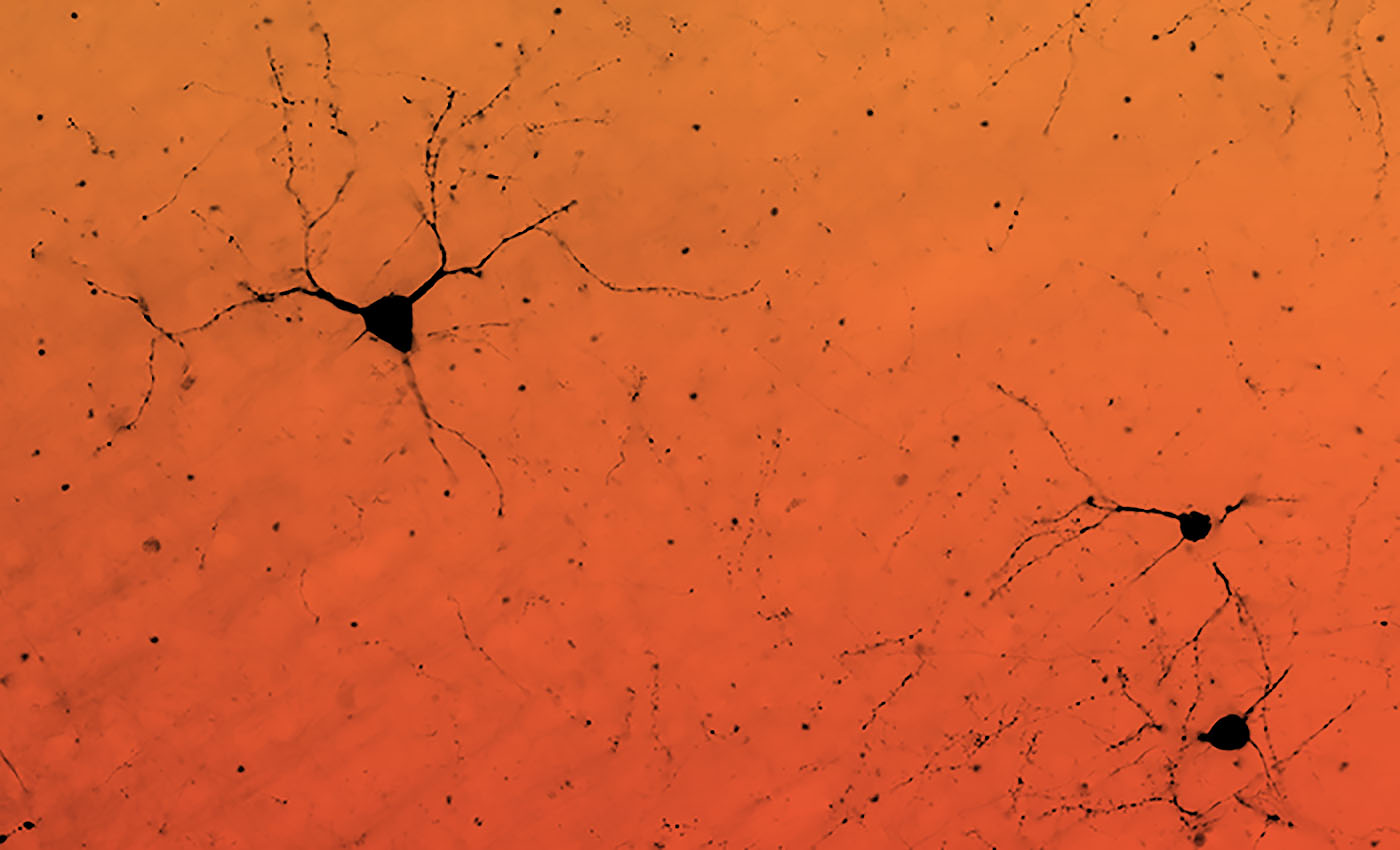
Cascade training remains widely used in global health. Cascade training can look great on paper: an expert trains a small group who, in turn, train others, thereby theoretically scaling the knowledge across an organization. It attempts to combine the advantages of expert coaching and peer learning by passing knowledge down a hierarchy.








